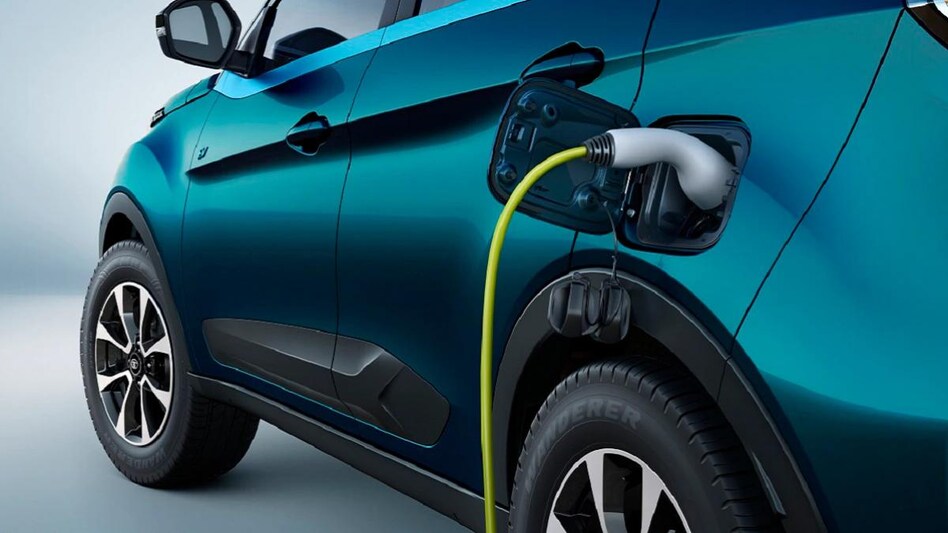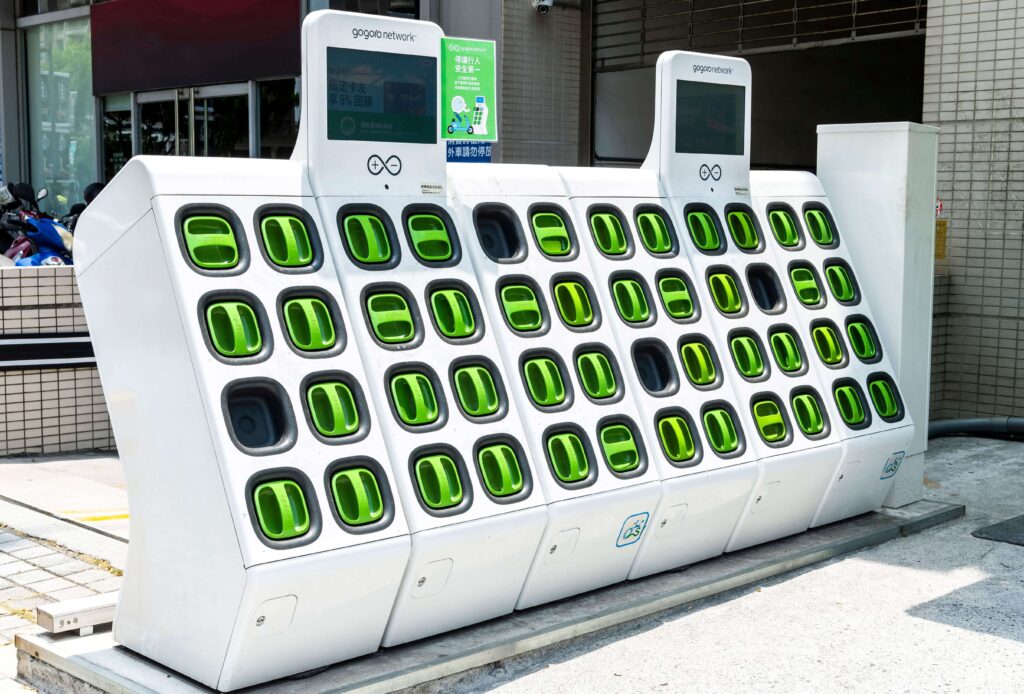
Government to Roll Out Subsidies for Battery Swapping Stations to Boost EV Adoption
New Delhi, April 30: In a major step toward promoting clean mobility, the Indian government is set to launch a subsidy scheme for battery swapping stations across the country. The initiative is aimed at reducing charging downtime for electric vehicles (EVs), particularly those used for long-distance travel and commercial operations.
According to senior government officials, the policy will initially focus on commercial EVs such as electric buses, trucks, and two- and three-wheelers. Private electric cars may be included later once uniform technical standards are established. “Our goal is to build a reliable battery swapping network that enhances operational efficiency and reduces idle time for EVs,” an official involved in the policy planning stated.
The plan was discussed in a high-level meeting involving the Prime Minister’s Office and various key ministries. The move comes as EV adoption in India continues to surge. In 2024–25, EVs accounted for 7.3% of all registered vehicles, a significant rise from just 0.01% in 2014–15. Over 5.68 million EVs have been registered in the country so far.

This new subsidy initiative complements the government’s existing efforts to install public EV charging stations along 61 national highway corridors, covering approximately 25,600 km. Under the plan, charging stations are to be placed every 100 km for heavy vehicles and every 20 km for cars.
Officials noted that battery swapping stations could either be co-located with these public chargers or set up as independent facilities. Specific details regarding subsidy amounts and eligibility criteria are currently under discussion.
Priority corridors identified for the deployment of battery swapping stations include Delhi-Chandigarh, Delhi-Jaipur, Bengaluru-Mumbai, Coimbatore-Bengaluru, Goa-Pune, Chennai-Bengaluru, Kanyakumari, Kochi-Prayagraj-Patna, Guwahati-Jorhat, and Kharagpur-Visakhapatnam.
Once EV standards for private cars are finalized, the government plans to extend this infrastructure to cater to individual users as well, aligning with its long-term vision for a sustainable and efficient transportation ecosystem.






